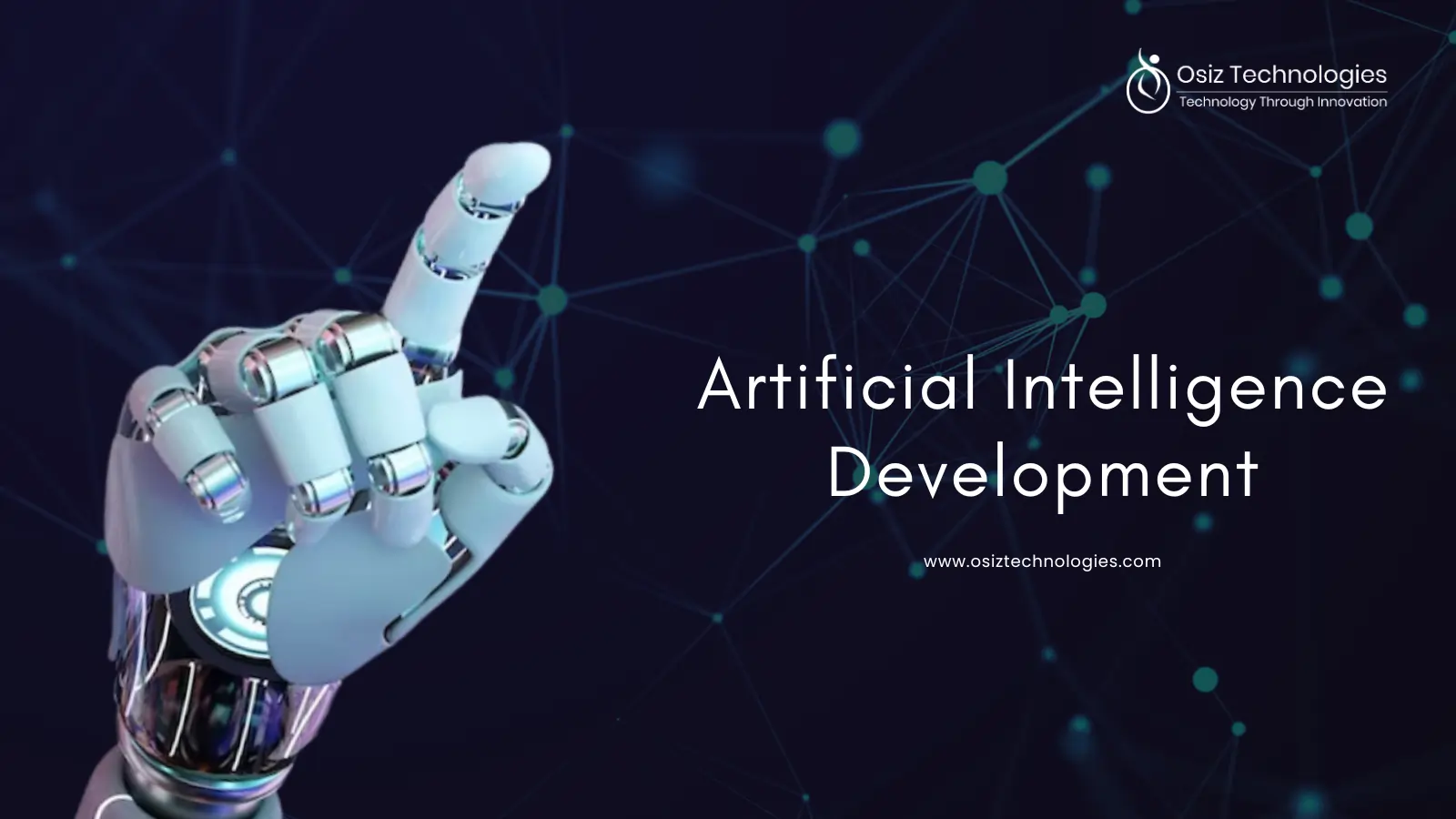Generative AI has emerged as a transformative force in technology, reshaping industries and redefining possibilities. This innovative domain encompasses algorithms capable of generating text, images, music, and more, mimicking human creativity. As the demand for advanced AI solutions grows, several companies have stepped up to lead the charge in generative AI development. This article explores the key players in this field, their contributions, and the future of generative AI.
What is Generative AI?
Generative AI refers to a subset of artificial intelligence that focuses on creating new content rather than merely analyzing existing data. By leveraging deep learning models, these systems can generate realistic text, images, and even videos. The technology relies on neural networks, particularly Generative Adversarial Networks (GANs) and transformer models, to produce outputs that are indistinguishable from human-created content.
Key Companies in Generative AI Development
Several companies have established themselves as leaders in the generative AI space, each contributing unique innovations and advancements. Here are some of the most notable:
1. NVIDIA
NVIDIA has solidified its position as a dominant player in the generative AI landscape, particularly with its data center GPU segment, which holds a staggering 92% market share. The company’s hardware accelerates AI computations, making it essential for training complex models.
2. OpenAI
OpenAI is renowned for its groundbreaking work in developing advanced AI models, including the GPT series. With a 9% market share in foundation models, OpenAI continues to push the boundaries of what generative AI can achieve, enabling applications ranging from conversational agents to creative writing.
3. Google
Google has made significant investments in AI, with a projected $75 billion allocated to AI development by February 2025. The company’s innovations in generative AI are evident through its various products, including Google Assistant and AI-driven content creation tools.
4. Microsoft
Microsoft has integrated generative AI into its suite of products, enhancing user experiences across platforms. The company’s partnership with OpenAI further solidifies its commitment to advancing AI technologies and making them accessible to businesses and consumers alike.
5. Anthropic
Founded by former OpenAI employees, Anthropic focuses on developing AI systems that prioritize safety and alignment with human values. Their research aims to create generative models that are not only powerful but also ethical and responsible.
6. Mistral AI
Mistral AI has gained attention for its open-weight models, such as Mistral 7B and Mixtral 8x7B. These models are designed to be accessible for developers, fostering innovation and collaboration in the generative AI community.
7. ByteDance
ByteDance, the parent company of TikTok, is leveraging generative AI to enhance user engagement and content creation. Their AI-driven algorithms analyze user behavior to generate personalized content recommendations.
8. xAI
xAI, founded by Elon Musk, aims to develop advanced AI systems that are safe and beneficial for humanity. With a valuation of $80 billion, xAI is focused on creating generative models that can address complex challenges across various sectors.
The Role of Investment in Generative AI
Investment plays a crucial role in the advancement of generative AI technologies. According to the 2025 AI Index Report by Stanford HAI, generative AI attracted $33.9 billion in private investment globally, marking an 18.7% increase from 2023. This influx of capital fuels research, development, and commercialization of generative AI applications.
Applications of Generative AI
Generative AI finds applications across diverse industries, showcasing its versatility and potential. Some notable applications include
Content Creation
Generative AI can produce articles, blogs, and marketing copy, streamlining the content generation process.
Art and Design
Artists and designers utilize generative AI to create unique visual art, blending human creativity with machine learning.
Music Composition
AI algorithms can compose original music, providing inspiration for musicians and composers.
Gaming
Generative AI enhances gaming experiences by creating dynamic environments and narratives.
Challenges in Generative AI
Despite its potential, generative AI faces several challenges, including
Ethical Concerns
The ability to create realistic content raises questions about misinformation and deepfakes.
Bias in Models
AI models can inherit biases present in training data, leading to skewed outputs.
Resource Intensity
Training generative AI models requires substantial computational resources, which can be a barrier for smaller organizations.
The Future of Generative AI
The future of generative AI is promising, with ongoing advancements in technology and increased adoption across industries. As more companies invest in research and development, we can expect to see:
Improved Model Accuracy
Enhanced algorithms will lead to more accurate and reliable outputs.
Broader Accessibility
Tools and platforms will become more user-friendly, allowing non-experts to leverage generative AI.
Integration with Other Technologies
Generative AI will increasingly be integrated with other technologies, such as augmented reality and virtual reality, creating immersive experiences.
Conclusion
Generative AI is transforming the technological landscape, with numerous companies driving innovation and advancement. As this field continues to evolve, it opens exciting opportunities for both businesses and individuals. To stay competitive in this rapidly changing environment, organizations must embrace generative AI and explore its vast potential. As a leading Generative AI Development Company, Osiz Technologies empowers businesses with cutting-edge AI solutions tailored to their unique needs. For expert insights and guidance on integrating generative AI into your business, connect with our team at Osiz Technologies today.
Listen To The Article
Recent Blogs

Avail
30% Off












